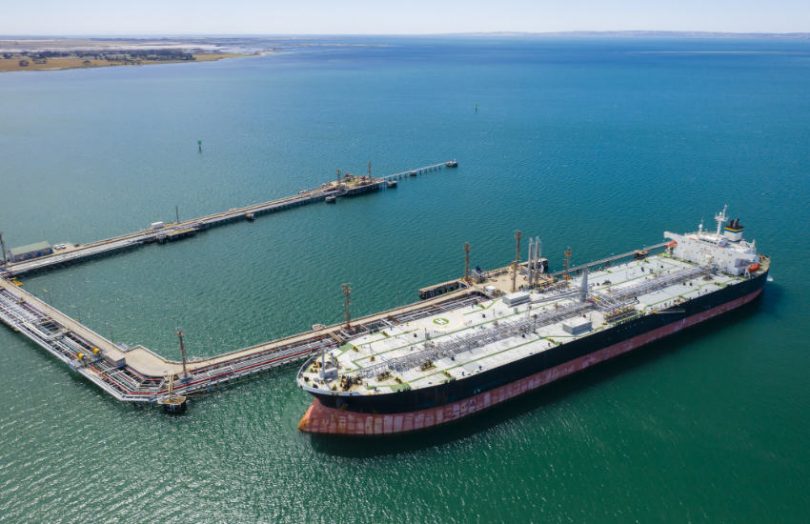The Maritime Port Authority of Singapore (MPA) selected blockchain post-trade firm VAKT to lead the development of its electronic bill of lading (eBL) for the waterborne oil market. Other firms involved in the consortium to develop the solution include BP, Mercuria, Hafnia, Wilhelmsen Ships Service, VOPAK, SMBC, ING and Contour.
While there are numerous eBL initiatives, given VAKT’s role in post-trade for oil, it makes sense to lead the Singapore project. The Port of Singapore is the world’s second largest in terms of cargo throughput.
VAKT believes that by digitalizing bills of lading, billions of dollars can be saved worldwide in the oil trade alone.
“Title transfer remains a complex and paper-based process in physical oil trading, primarily because the services that are needed to secure the delivery are provided by different constituencies, with their own needs: surveyors, terminals, shipping companies and agents,” said VAKT CEO, Etienne Amic.
“With VAKT’s ‘vLogistics’ service, there now exists a set of APIs that allow these critical partners to contribute their data with a view to help traders effect the transfer of title. Through open protocols such as TradeTrust and well-designed commercial laws, Singapore is ahead of the curve when it comes to tokenising bills of lading.”
Consortium members BP, Mercuria and ING are investors in VAKT, and ING and SMBC are shareholders in trade finance platform Contour. To date VAKT has been closely associated with the komgo trade finance platform. But Contour was incorporated in Singapore.
VAKT’s platform uses a permissioned blockchain version of Ethereum.
Meanwhile, S&P Global and Argus Media, two benchmark pricing firms, recently announced plans to invest in VAKT to participate in the future tokenization of oil contracts. S&P Global now owns IHS Markit, which had quietly invested in VAKT during 2021.







